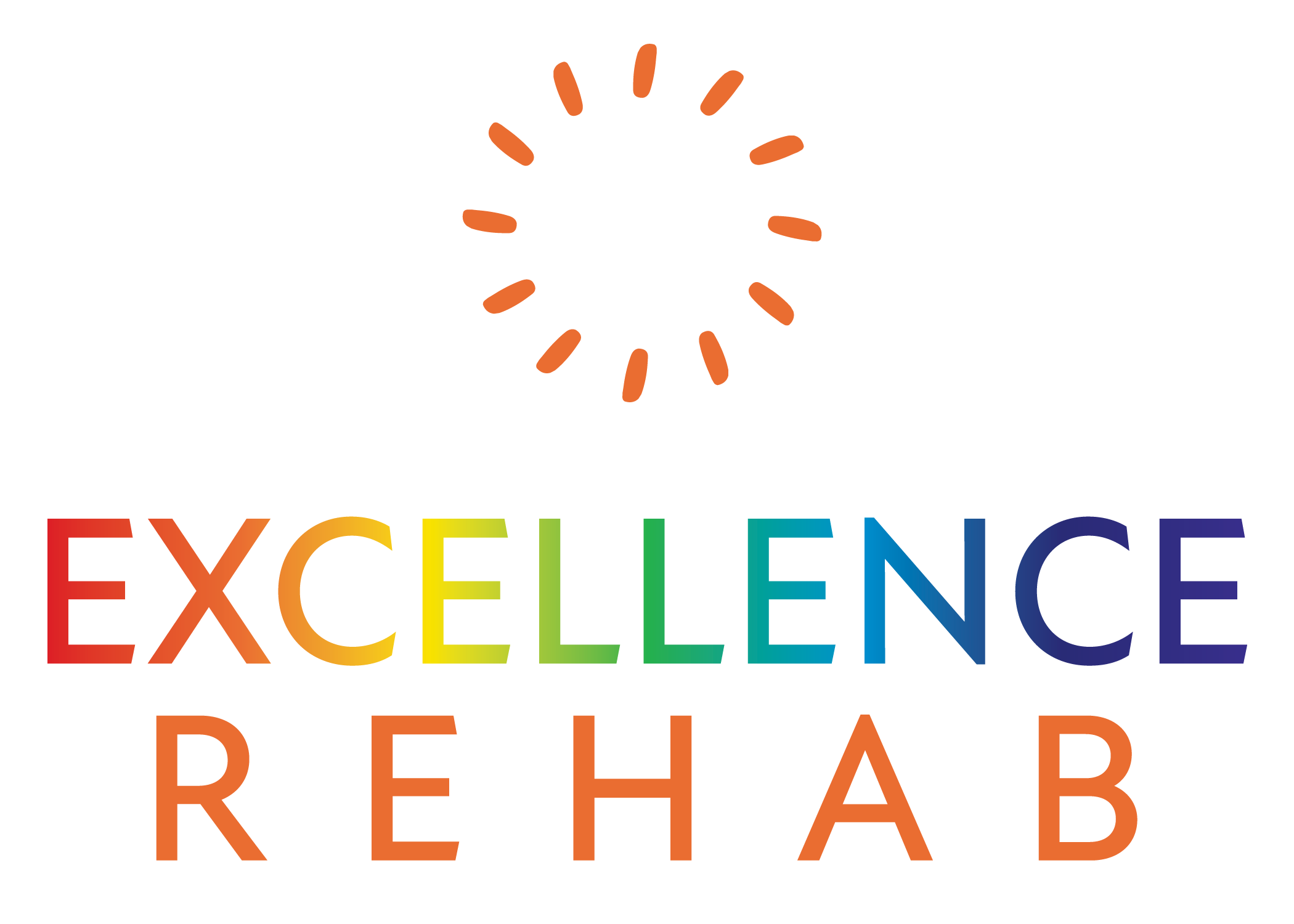As a parent, it’s innate to worry about whether your baby is healthy and if they’re meeting their developmental milestones. This includes watching your child grow, especially when they hit a growth spurt. These periods of rapid growth are a sign that a baby is developing at a healthy rate, even though it might seem like it. Significant weight gain, increased appetite, and moodiness are all signs your baby might be starting, or even in the middle of, a growth spurt.
How can I tell when my baby is having a growth spurt?
Knowing the signs of a growth spurt can help make your and your baby’s life easier as it happens. However, it isn’t always easy to differentiate the signs of a growth spurt from their normal behavior. Here are a few things to watch for:
1. Increased Appetite: During a growth spurt, your baby may want to eat more frequently and need larger portions than usual. Don’t be alarmed by this, though. Because they’re growing, their metabolism is increasing – causing increased appetite.
2. Fussiness: While your baby is growing, it might be fussier than normal. Wanting to be held more, frequent crying, or behavioral problems are all normal changes during a growth spurt.
3. Toileting More: As your baby eats and drinks more, they’ll also have to use the bathroom more. An increase in diaper changes is to be expected.
4. Fluctuating Sleep Patterns: It’s normal for babies to have unusual sleep patterns. After all, they need significantly more sleep than adults. However, during a growth spurt, they may sleep more or less and have trouble falling or staying asleep.
When do the growth spurts start?
During the first year of life, babies go through several growth spurts. However, every baby is different. Some may grow more rapidly than others, making it difficult to predict when they’ll get bigger. Conveniently, infant clothing sizes often match when the baby is expected to grow. The expected ages for growth spurts are:
1. 1-3 weeks old: Your baby may have their first growth spurt within the first few weeks of life.
2. 6 weeks old: Around six weeks after birth, your baby may go through another growth spurt.
3. 3 months old: Your baby may have a growth spurt at three months of age.
4. 6 months old: Another growth spurt may occur at six months of age.
5. 9 months old: Your baby may experience a growth spurt at nine months.
6. 12 months old: The final growth spurt of the first year of life typically occurs at 12 months.
If you notice that your baby isn’t meeting developmental milestones, it’s important to follow up with your pediatrician.
What can I do when my baby has a growth spurt?
When your baby starts a growth spurt, they usually last a few days. Be prepared for mood and behavior changes for at least that long. Dealing with a fussy newborn is already tough, so it’s double the responsibility when a growth spurt happens. In addition to added stress, it’s also frustrating as you try to figure out what’s best to help your baby calm down. You may feel helpless, but don’t worry. There are strategies you can implement into your care routine to ease your baby’s discomfort.
1. Offer more milk or formula. Your baby may be more hungry than usual during a growth spurt. It’s essential to offer them more milk or formula to ensure they get the nutrients they need. If you need to
2. Be patient with them: Growth spurts can be tough on both you and your baby. It’s essential to be patient with your baby during this time. They may be fussier than usual, but it’s entirely normal. Incorporate a routine of mindfulness, breathing exercises, or meditation into your routine.
3. Don’t rush solid foods. If your baby is nearing six months of age and you’re considering introducing solid foods, it’s advised to wait until the growth spurt has passed. Your baby’s stomach might not be ready for solid foods during a growth spurt, and it’s best to wait until they’re back to their usual eating patterns.
However, the most important thing you can do is to take care of yourself. First, ensure you’re getting enough rest even if it’s more than you normally tend to relax. Try to take naps when your baby is sleeping, or utilize a support system if you have one. Most importantly, don’t be afraid to ask for help if needed. It’s not uncommon for parents to feel guilty for practicing self-care, especially if it means spending time away from their baby. However, you can’t properly care for your child if you’re not okay.
How Excellence Rehab Can Help? Contact Us Today!
Don’t forget toddlers’ growth spurts are also part of a child’s normal development. As they grow, you’ll want a care team to help you identify whether your baby is meeting the milestones.
At Excellence Rehab, we understand the challenges of raising a baby. That’s why we offer various services to support you and your baby through growth spurts and other developmental stages. Our team of experienced staff can guide feeding, sleep, and other issues that may arise during growth spurts. We can also help you develop strategies for coping with the stress that may come with these periods of rapid growth. Excellence Rehab is here to help you navigate how pediatric physical therapy can help your baby during a growth spurt.
Contact us today to learn how we can help.

